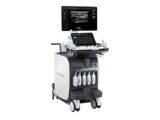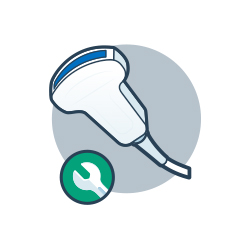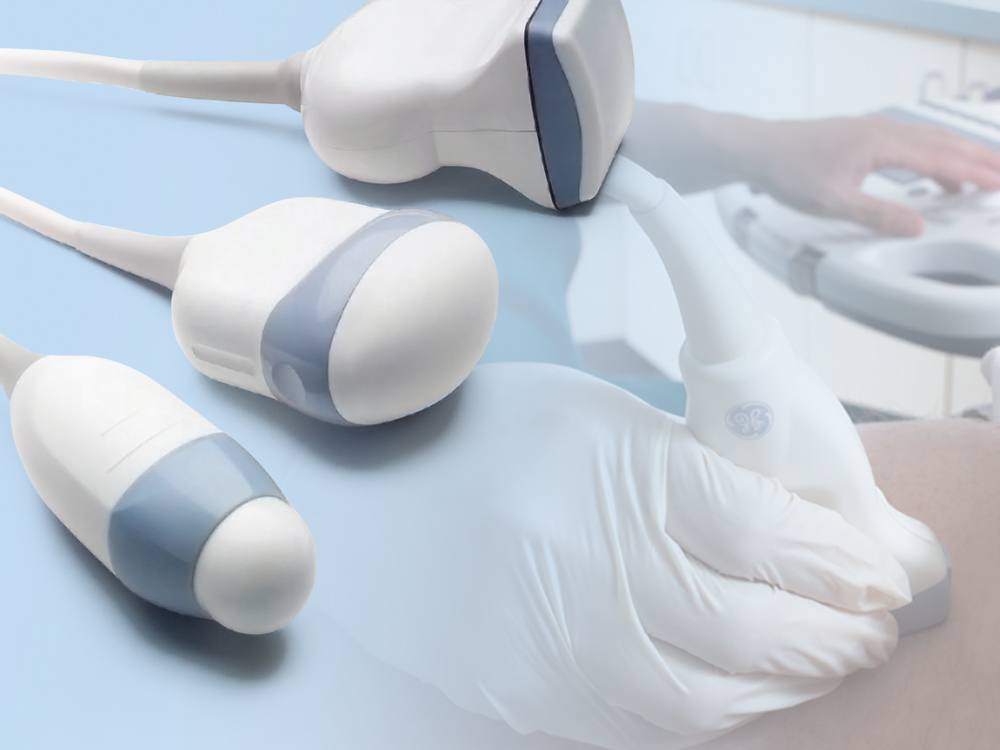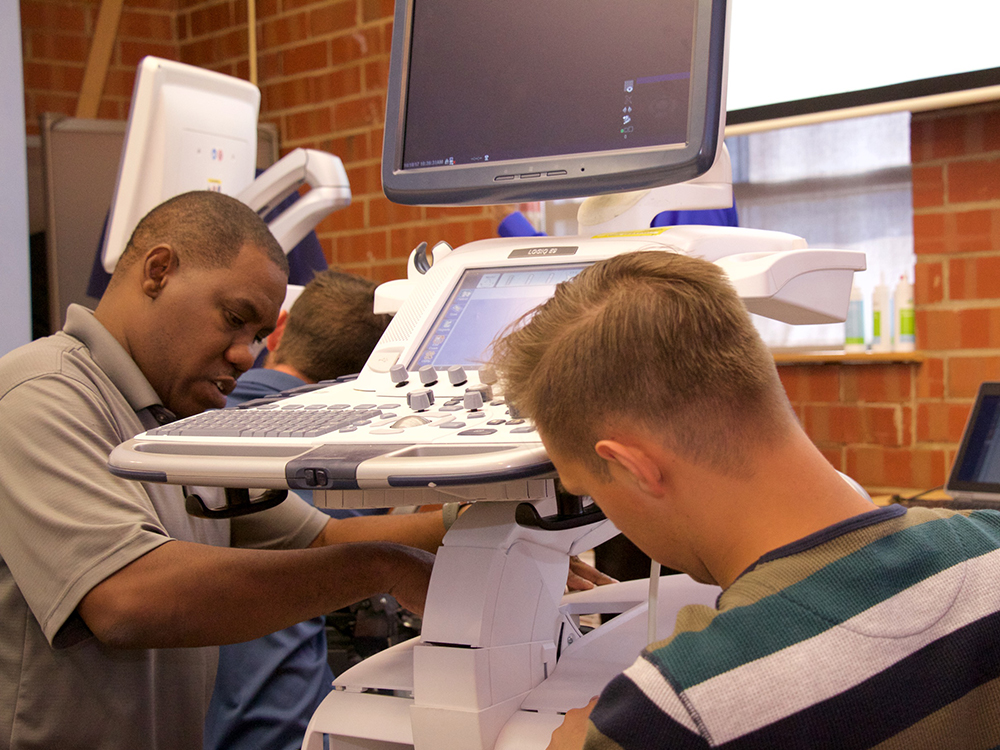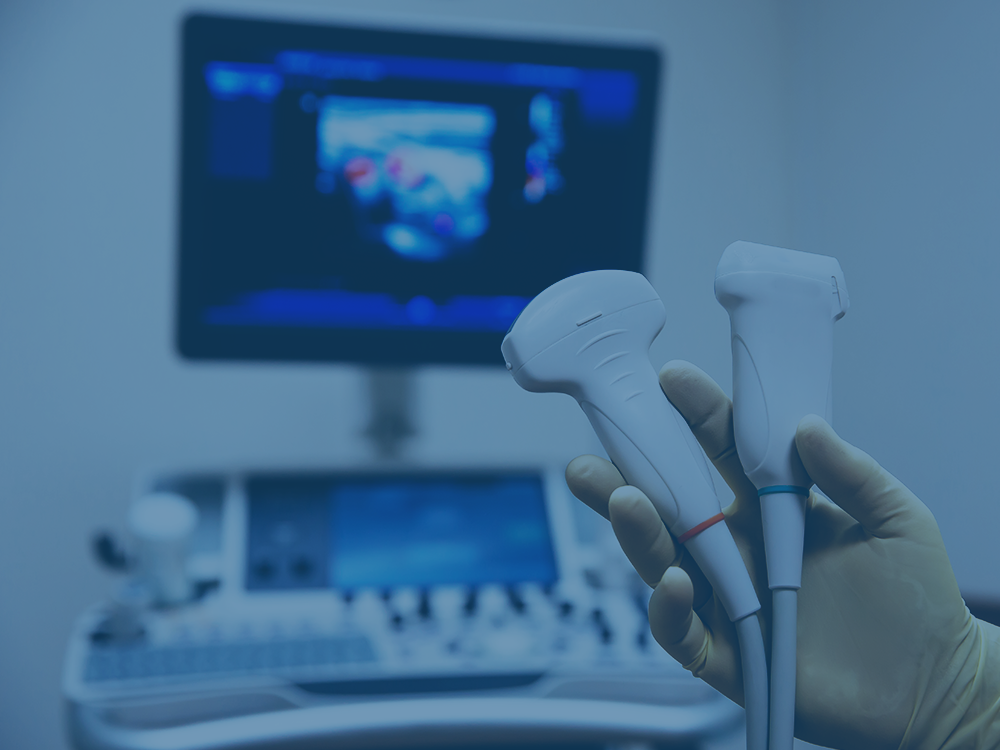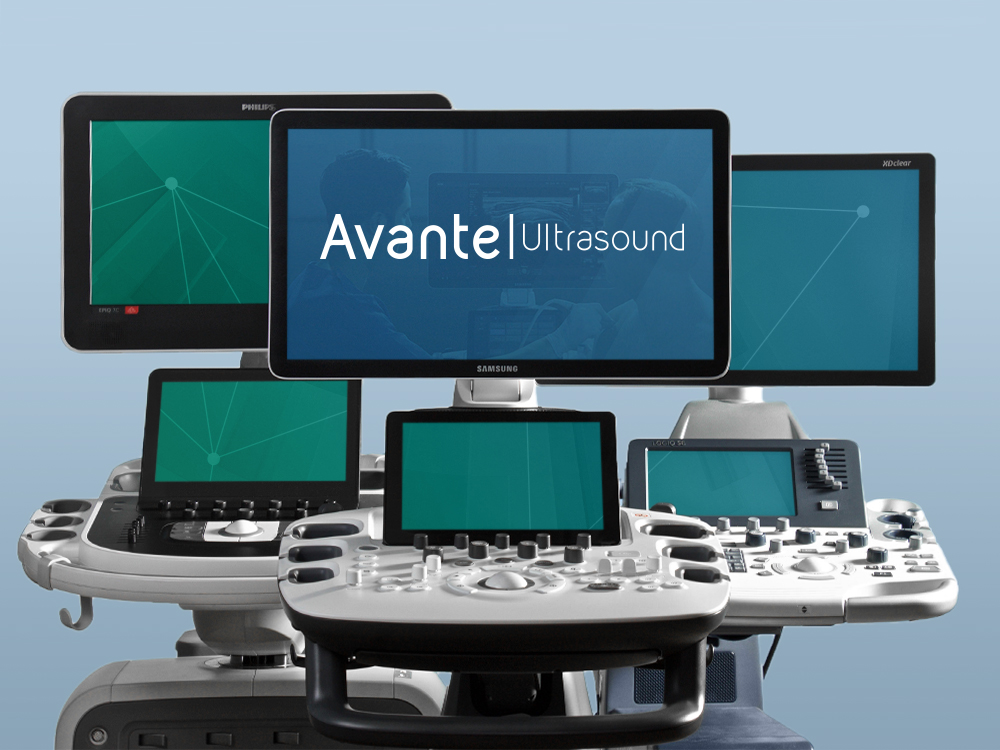PM Guidelines for Ultrasound: Know What to Look For
April 10, 2020
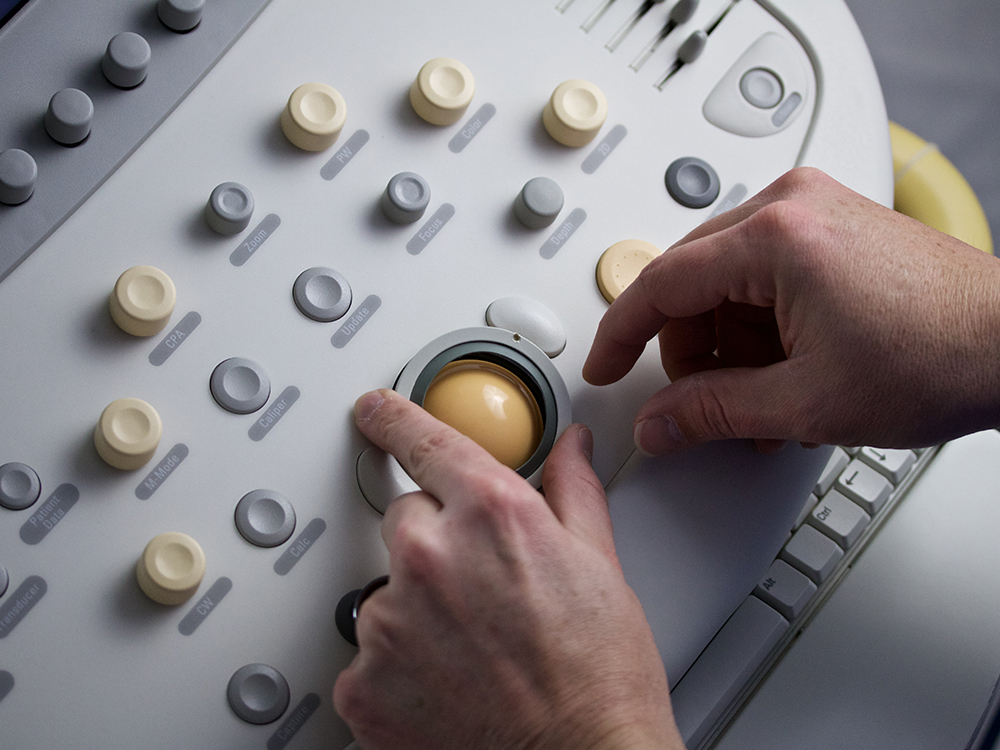
Use this article to have a better understanding of the steps it takes to complete a preventive maintenance. While we go over the basics here, you can download our comprehensive guide for expanded information, standards for pass/fail and submission for accreditation. You can also use the attached Ultrasound Certification Report to document and develop your own maintenance program that supersedes the OEM recommendation.
>> Get the full version here: Med Vest Technology Ultrasound Preventive Maintenance Guide
How often should preventive maintenance be performed?
Med Vest Technology recommends performing preventive maintenance every 6 months. This schedule will increase the lifespan of your system and will ensure the safety of your patients and operators. You will also see the benefit of regular maintenance in your budget and bottom line.
Introduction
Before beginning preventive maintenance procedures, it’s important to find out some basic information:
- When possible, introduce yourself to the user
- Inquire as to the current functionality of the equipment
- Inquire as to the current network configuration
- Ask if there are any items that need to be addressed during the PM (software updates, options, peripherals, backups, etc.)
Visual Inspection
A good way to begin the preventive maintenance process is to do a comprehensive visual check of all ultrasound system components:
- Monitor
- Control Panel
- Cosmetic Panels
- AC Plug / Cord
- Casters / Brakes
- Transducer(s)*
*Any damage to the transducer that would allow fluid to infiltrate the transducer’s internal components is an automatic failure. The transducer should be removed immediately from service.
System Diagnostics
Run system diagnostics before performing any maintenance or disassembly. While performing on-board user level diagnostics to verify system hardware and software, be sure to note any and all failures.
System Cleaning
Wipe down all surfaces of the ultrasound system using a gently cleaning agent such as Sonowipes or warm water and mild soap:
- Monitor / LCDs
- Control Panel
- Handles
- Cosmetic Panels
- Transducer(s)
System Disassembly & Reassembly
Before disassembling the ultrasound system, shut down and unplug the equipment. Remove all filters and clean them with a vacuum or warm water. Cosmetic panels and card cage shields should also be removed. Then, remove circuit boards from the card cage using an ESD-safe mat or bags. Once removed, clean the card cage and assemblies with an ESD-safe vacuum.
After each component has been removed and cleaned, reinstall the circuit boards, card cage shields, cosmetic panels, and air filters.
Diagnostic Imaging
Once the unit has been visually inspected, disassembled, and reassembled, power up the system and note any boot-up failures. At this stage, you’ll test the diagnostic imaging presets of the ultrasound system and complete image uniformity checks.
- 2D Mode
- M-Mode
- Color Doppler
- Spectral Doppler
- 3D / 4D
Be sure to check the system’s media capabilities by verifying the machine’s successful writing of diagnostic tests to removable media, whether it is a CD, DVD, or USB. DICOM Networking should also be verified, if applicable.
Certification Report
A crucial component of the preventive maintenance process is documentation, most likely in the form of a Certification Report. In order to be effective, every ultrasound certification report should contain the following:
- Customer Information
- Equipment Information
- Equipment Evaluation
- Transducer Information
- Peripheral Information
- System Administration
- Transducer Evaluation
